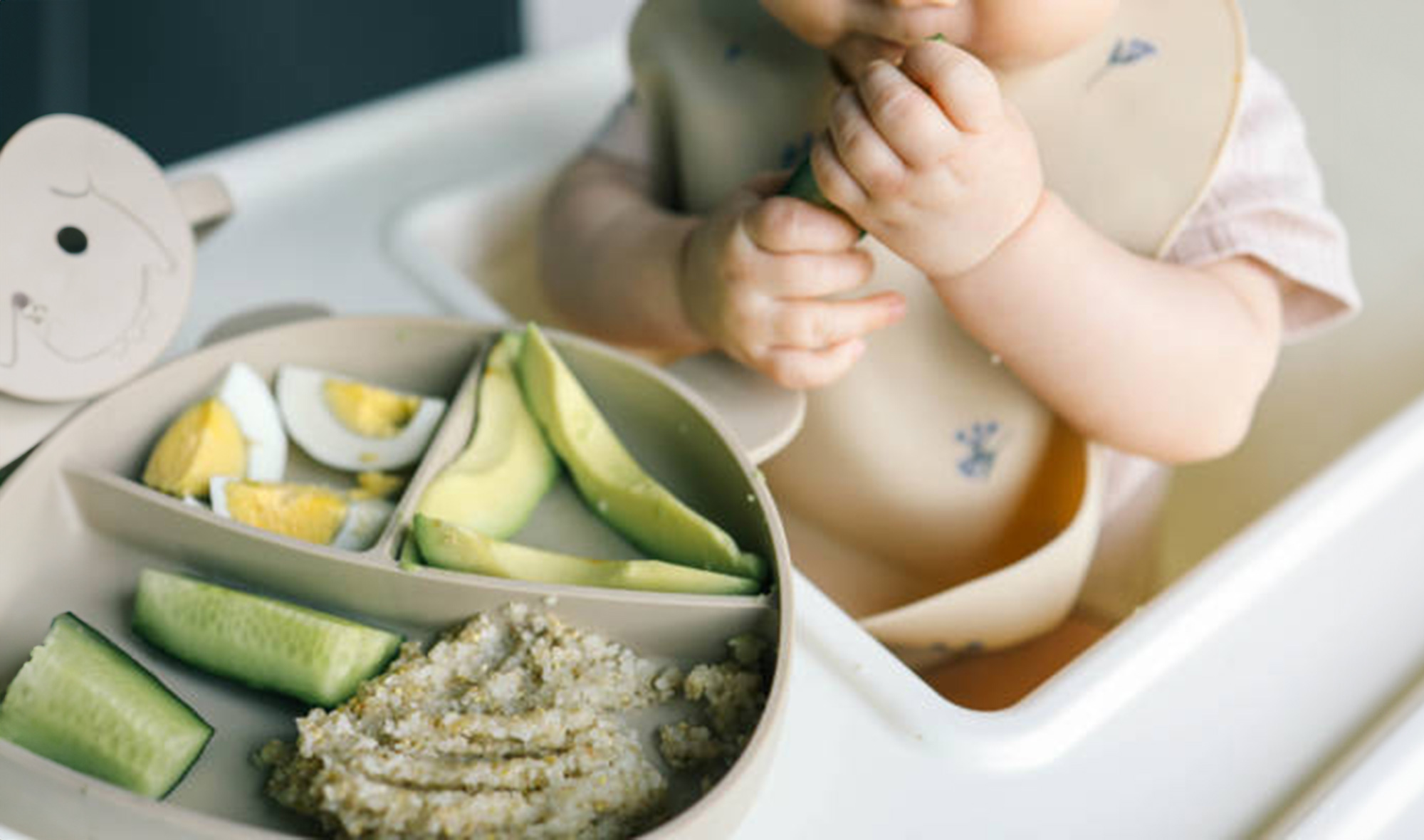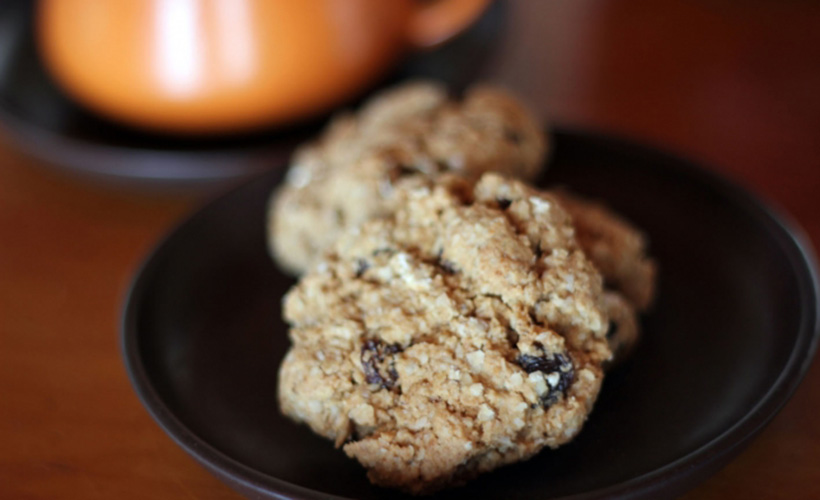Gut health is a cornerstone of overall well-being and the foundation of good health for our little ones. A child’s gut health (or lack thereof) can significantly impact their growth, development, and immune function. Ensuring your child has a healthy gut is one of the most important steps you can take to ensure they are in good health ready to tackle all of the challenges, excitement… and the onslaught of germs that are all part of growing up! World Microbiome Day, celebrated annually on June 27th, is a perfect reminder to focus on the vital role of the microbiome in the health of our tamariki.
Understanding the Gut Microbiome
The gut microbiome is a vast and intricate community of trillions of microorganisms, including bacteria, viruses, fungi, and other microbes, that reside in the digestive tract. Kids love knowing about all these “gross” things that live inside them, and generally find it fascinating that in the right environment, “gross stuff” can, in fact, be our friends and internal superheroes! For children, the development of a healthy gut microbiome begins at birth and continues to evolve throughout childhood and beyond, influenced by diet, environment, and antibiotic use.
With over 70% of the immune system based in the gut, it is essential that the body’s microbiome is in balance. A balanced gut microbiome is essential for proper digestion, nutrient absorption, and immune system function. It plays a crucial role in protecting against harmful pathogens, regulating metabolism, and even influencing mood and cognitive development. Nurturing this delicate ecosystem from an early age is vital for your child’s health.
Signs of an Unhealthy Gut in Children
An imbalance in the gut microbiome, known as dysbiosis, can manifest in various ways. Parents should be aware of the following signs that may indicate poor gut health in their children:
- Frequent digestive issues, such as diarrhea, constipation, or bloating
- Unexplained fatigue or irritability
- Frequent infections or illnesses
- Skin conditions like eczema
- Food intolerances or allergies
Key Factors Affecting Children’s Gut Health
- Diet: Certain foods can be detrimental to the microbiome by disrupting the balance of beneficial bacteria and promoting the growth of harmful microbes. When children have diets high in refined sugars, processed foods, and unhealthy fats, it will likely be detrimental to their gut health. These foods can decrease microbial diversity and foster an environment where pathogenic bacteria thrive. For example, a high-sugar diet can feed harmful bacteria and yeast, leading to an overgrowth that can contribute to digestive issues and inflammation. Processed foods often contain additives and preservatives that can disrupt the gut lining and negatively affect the gut microbiota. Additionally, diets low in fibre deprive beneficial bacteria of essential nutrients needed for their growth and maintenance, tipping the balance in favour of harmful microbes. A diet rich in fibre, fruits, vegetables, and fermented foods supports a healthy gut microbiome. Fiber acts as a prebiotic, feeding beneficial bacteria, while fermented foods introduce probiotics, which are live beneficial bacteria. For children, this means incorporating foods like yogurt, kefir (a fermented milk drink that many mainstream brands now produce for supermarkets), sauerkraut, and whole grains into their meals. Organic foods free from pesticides and additives promote the best gut health so when your budget allows (or you are able to grow your own!), try to aim for organic fruits and vegetables. Of course, a diet rich in fruits and vegetables is what matters, organic or not, you are still doing your child a world of good!
- Breastfeeding: Breastfeeding infants, when possible, offers significant benefits for your child’s future gut health, laying the foundation for a robust immune system. Breast milk contains essential nutrients and antibodies that help establish a healthy gut microbiome in infants. It promotes the growth of beneficial bacteria and provides protection against infections.
- Antibiotics: While antibiotics are sometimes necessary to treat bacterial infections, they can also disrupt the balance of the gut microbiome by killing both harmful and beneficial bacteria. It’s crucial to use antibiotics only when they are really needed (ie. not for viruses), as they do have an impact on gut health. Exploring natural remedies and preventive measures whenever possible can reduce the need for antibiotics. Antibiotics are sometimes essential (and even life-saving!), and deciding to take them, or explore alternatives should always be done under the guidance qualified healthcare professional should always be under the guidance of a healthcare professional.
- Probiotics and Prebiotics: Incorporate foods rich in probiotics, like yogurt and kefir, and prebiotics, like bananas, onions, and garlic, into their diet. Natural sources of these gut-friendly foods are preferable over supplements whenever possible. Having a healthy diet is vital for healthy gut bacteria, but this is either not always possible or implemented. Fermented foods (ie. yoghurt, sauerkraut) are great inclusions in the diet, but often a probiotic is also needed, especially after antibiotics. Speak to your health food store or chemist to see what child-friendly probiotic would be best for your child.
- Hygiene and Environment: Exposure to a variety of microbes in the environment can help develop a robust immune system. Playing outside on the grass/in the mud (fun!), interacting with pets, and having a balanced approach to hygiene can contribute positively to a child’s gut health. Outdoor play and connection with nature support microbial diversity and of course, the overall health and happiness of young ones in many ways!
- Stress: Stress can negatively affect the gut microbiome. The connection between the brain and the gut, often referred to as the “gut-brain axis,” means that psychological stress can have significant impacts on gut health. Ensuring that children have a low-stress environment can promote a healthier gut. Mindfulness practices and calming bedtime routines can help to ensure this. A holistic approach, incorporating mindfulness and connection with nature and all the messy/dirty fun that entails, is beneficial.
By understanding the factors that influence gut health and taking proactive steps, parents can help their children build a strong foundation for a healthy future. Supporting the incredible microscopic mates we call microbiome is a proactive way we can lay the foundations for good health in childhood. Superheroes can come in shapes and sizes…even “gross” tiny ones like bacteria and fungi! Three cheers to our microbiome mates!

















Community